May 15, 2023
Mandarin Immersion (Part 1)
By Simon J. Lau
I kicked off the start of my 6-week Mandarin immersion trip last weekend. I’ve been learning Mandarin regularly for the last 5+ years, but I haven’t had a chance to use it in earnest. I saw this as my opportunity to do so. First stop, a (long) layover in Taipei!
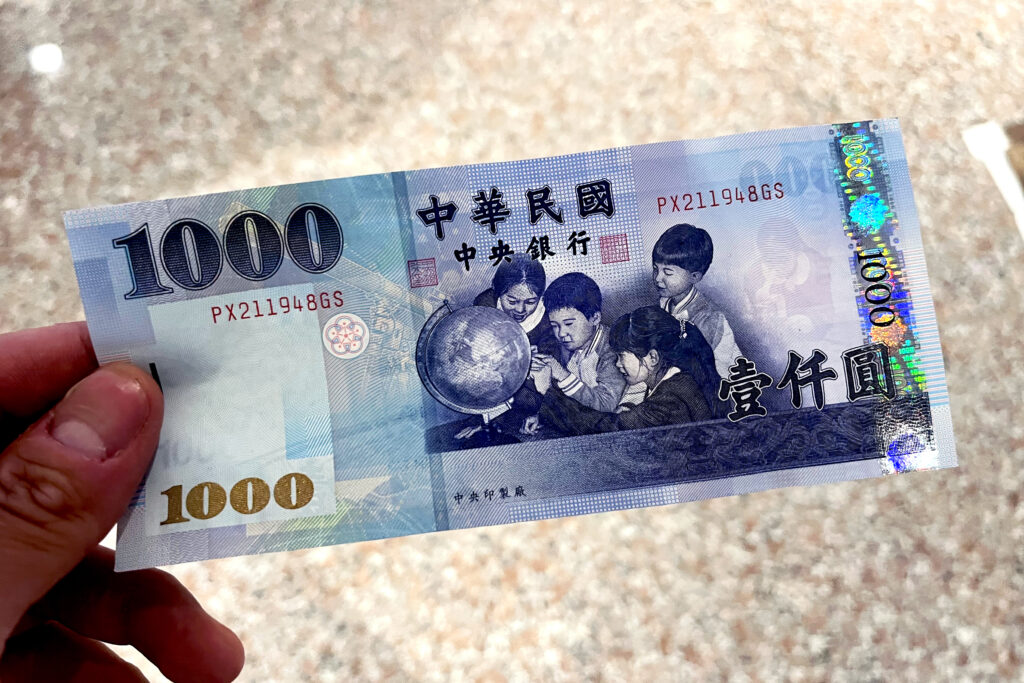
I had 11 hours to kill, so I did what I often do: I explored! The airport ATM only dispensed denominations of NT$1K ($32 USD), and not wanting to be left with a ton of Taiwanese dollars, I budgeted $32 USD for this adventure. A budget adventure. 😅

One requirement I placed on myself, since this was a language immersion trip, was that I had to order all my food in Mandarin. If I couldn’t order in Mandarin, I wouldn’t let myself eat. It was very effective! I had a traditional Taiwanese breakfast, boba, and a light lunch.
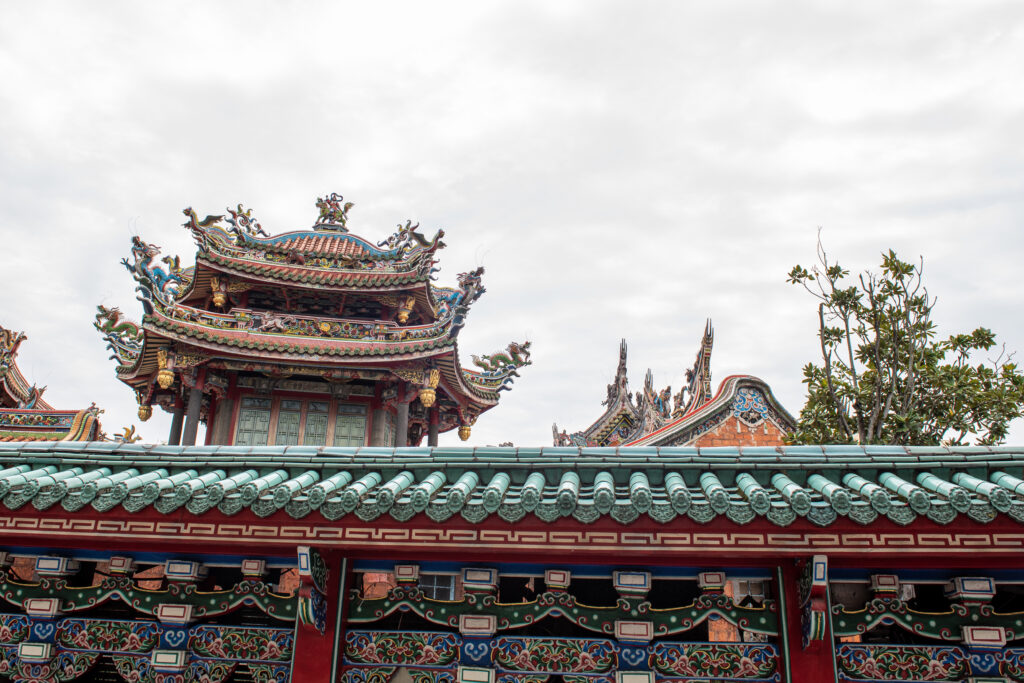
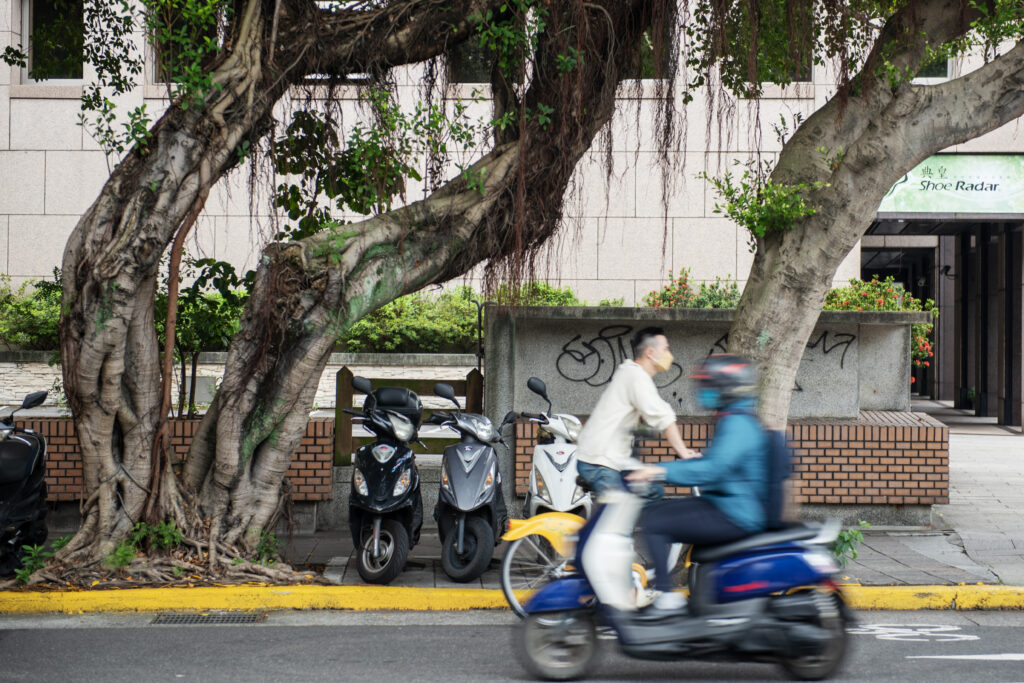
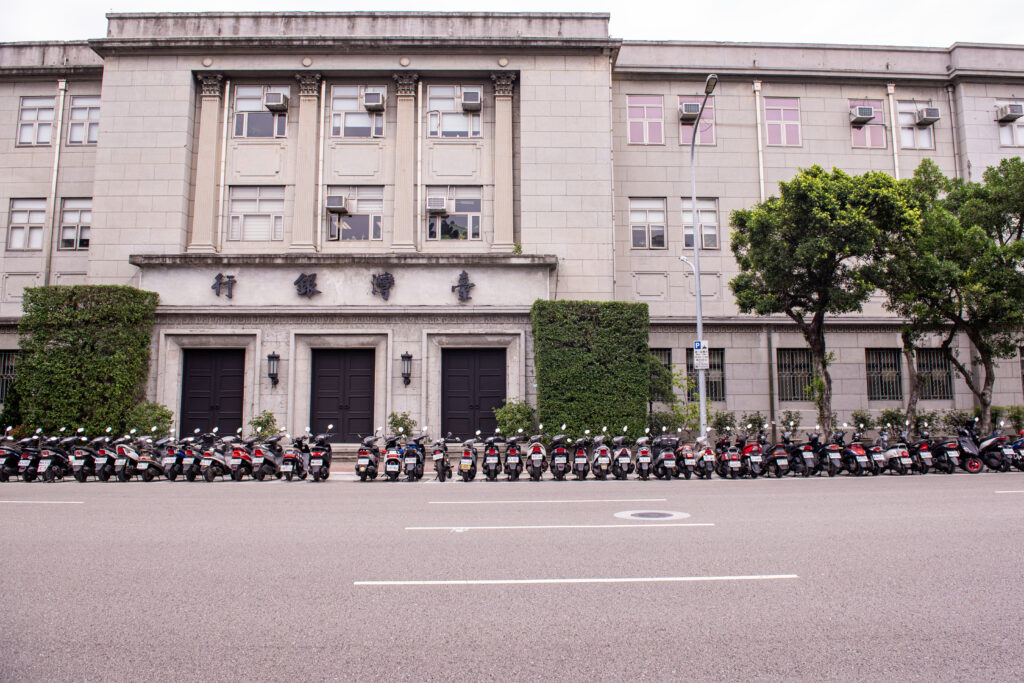
Besides indulging in the local cuisine, I also made a trip to the Longshan Temple and took the opportunity to explore different areas of the city, snapping photos as I went along. At one point, I attempted to visit a new park situated on the other side of the highway. However, despite walking for miles, I couldn’t locate any entrance to that park.
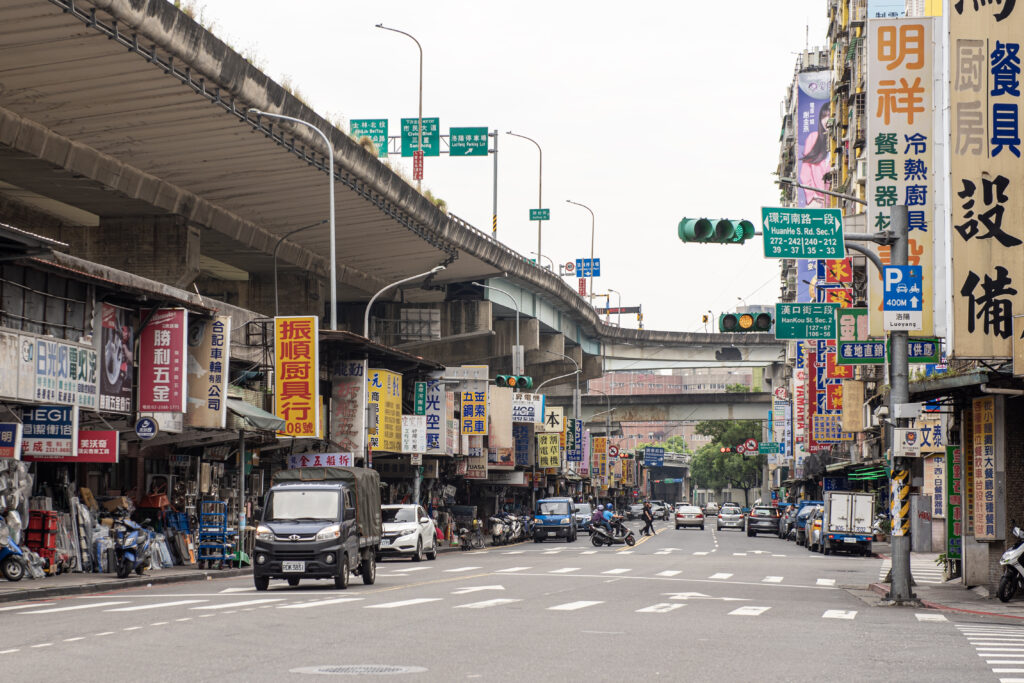

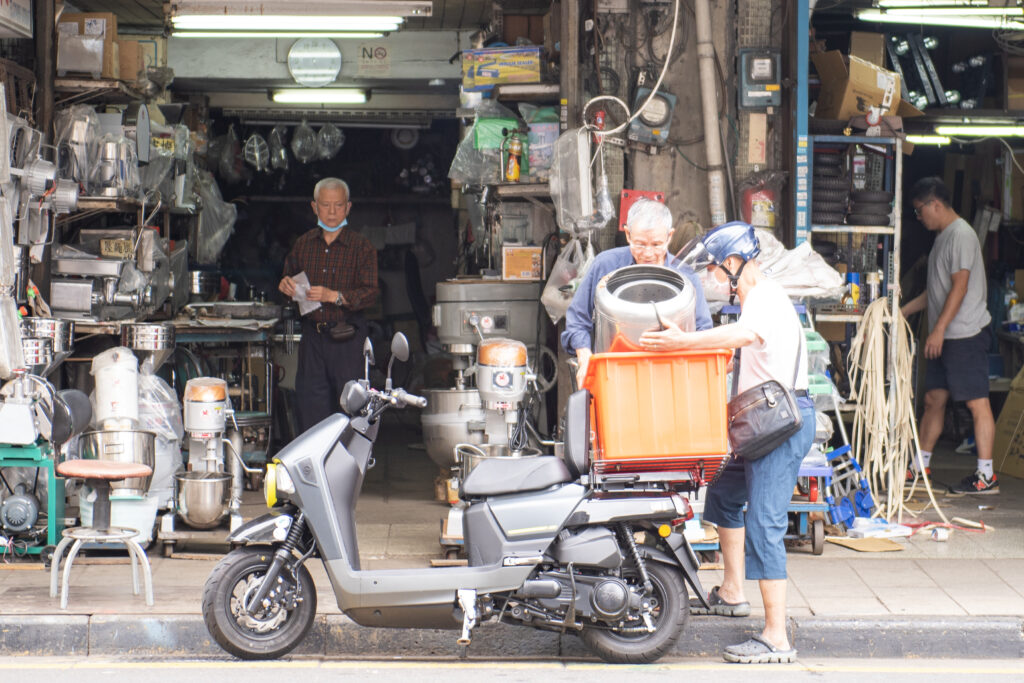
That said, I saw much of the underbelly of Taipei’s highway system. There were some clear (but limited) signs of homelessness. However, the city also reclaimed space below the highway to create vibrant storefronts. It was a clever way to utilize the city’s limited space.
Taipei was wonderful, and I only spent $21 to visit. Best $21 I’ve spent on an adventure! 😅 Beijing, on the other hand, was a totally different adventure. China’s Great Firewall (internet censorship) was intense, and there was no way for me to get online when I landed. 🛬
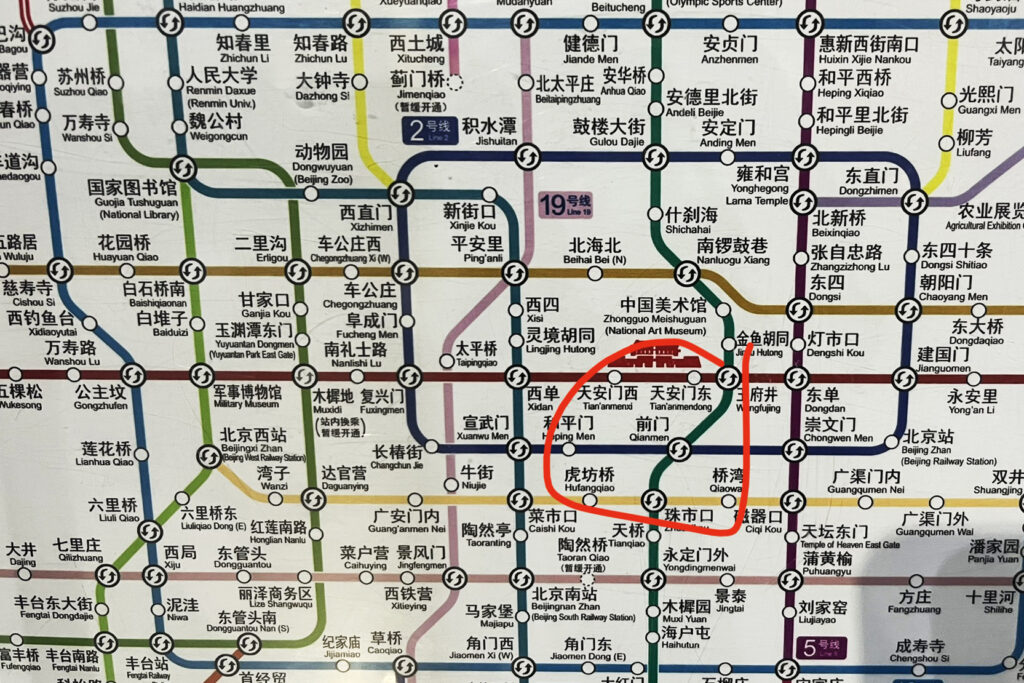
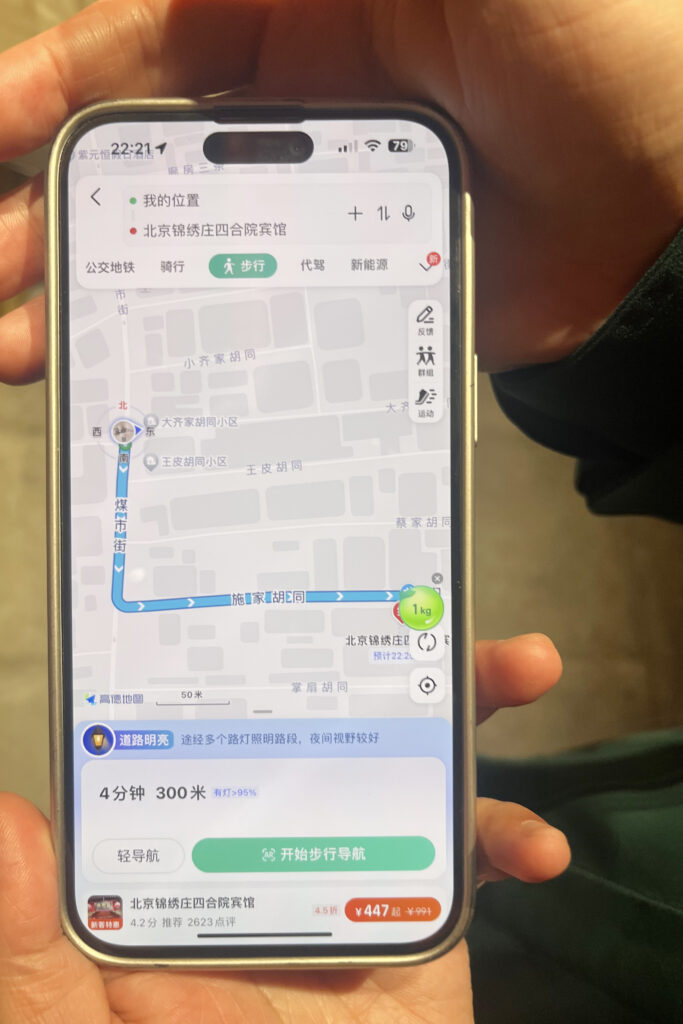
Without getting into all the details, I only had the name of my hotel handy. So I used my limited Mandarin to ask for help. I was able to cobble together directions, snap photos of maps, and I made my way to my place late last night. It wasn’t pretty, but I made it!

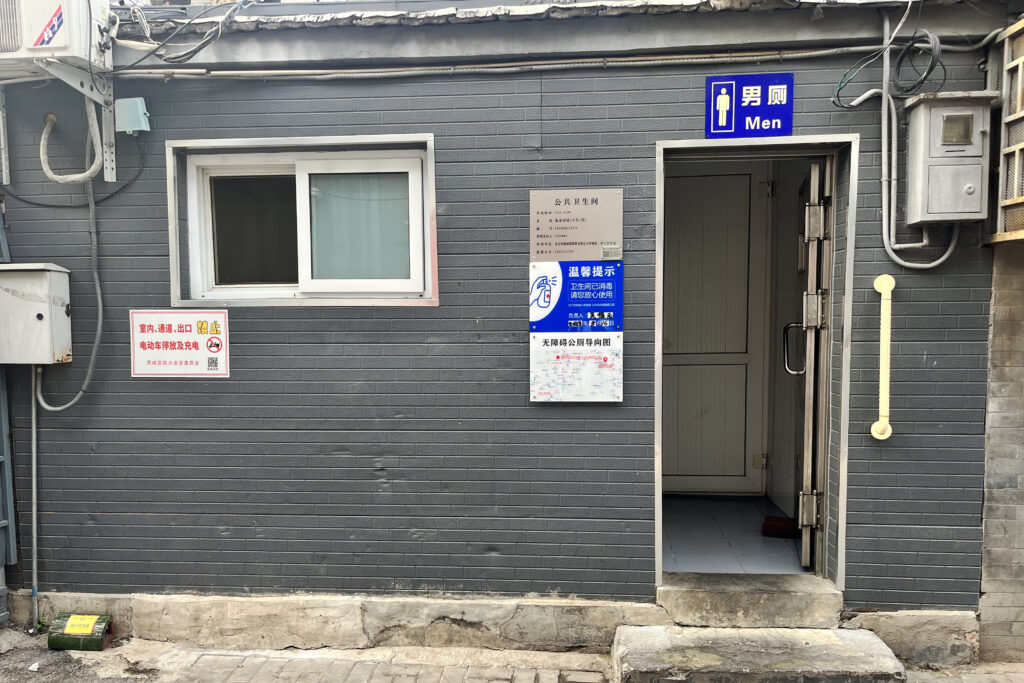
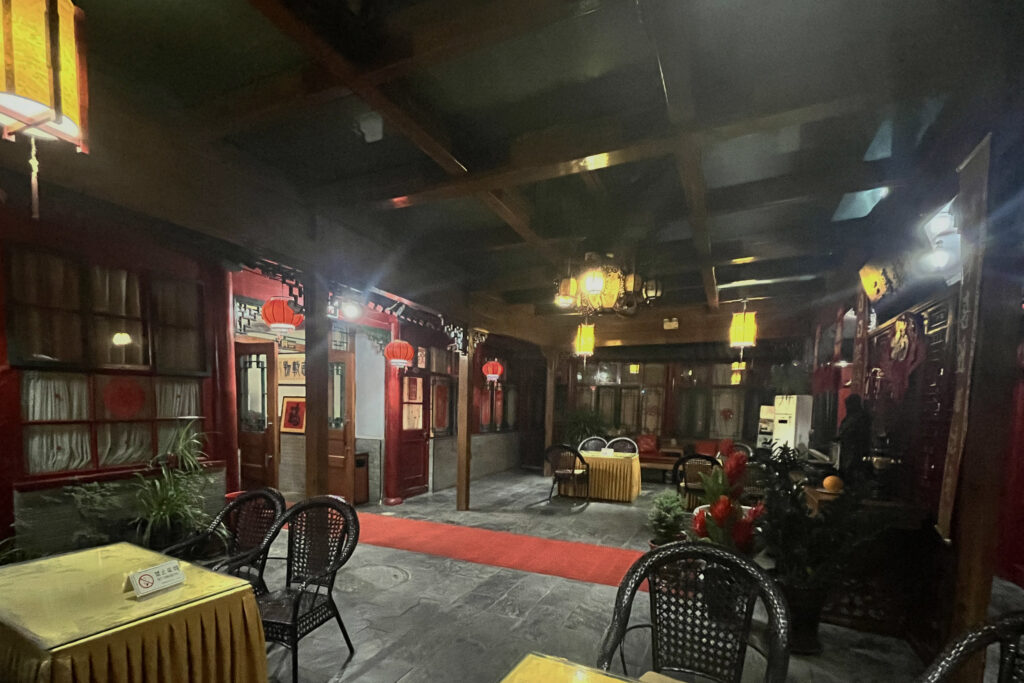
My hotel is located in a traditional Beijing hutong. Hutongs are narrow neighborhood alleyways (with communal bathrooms) and were common in northern Chinese cities. However, since China’s multi-decade development boom, many have been demolished, destroyed, and redeveloped.
I’ve always wanted to stay in a hutong, and when the opportunity presented itself, I jumped on it! This particular hotel is located in a hutong near Tiananmen Square. It’s cute and the location is great, but the building has definitely seen better days.


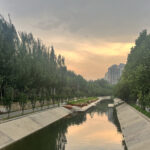

Comments are closed.